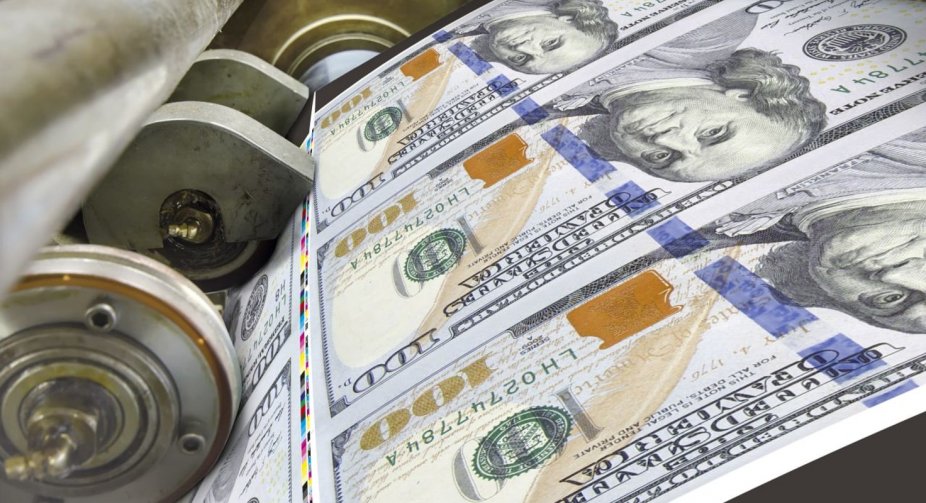The German economy has been shrinking for two quarters in a row - this allows us to talk about the technical recession of the largest economy of the European Union.
Spiegel reports this with reference to new data from the Federal Statistical Office.
Gross domestic product (GDP) shrank by 0.3% from the previous quarter from January to March, giving the economy its second straight quarter of contraction.
If two quarters in a row are negative, then there is talk of a technical recession.
"The frequently used criterion of a technical recession has been fulfilled. A large-scale increase in energy prices was felt in the winter months," Commerzbank Chief Economist Jörg Kremer commented on this event.
Economic growth has slowed due to a reduction in private consumption. In the first quarter, it fell by 1.2%. One of the reasons for this is probably the loss of purchasing power by consumers due to high inflation. State consumption decreased by 4.9%. On the other hand, investments, which increased by 3.9%, gave a positive impetus. Foreign trade also supported the economy.
At the same time, no significant rise is predicted yet. The Bundesbank expects at least modest growth in the spring. "In the second quarter of 2023, economic output should increase slightly again," the current monthly report said. The removal of bottlenecks in supply, a large order book and low energy prices should ensure the recovery of the industry.
"This should also support exports, especially given that the global economy has regained some momentum," the Bundesbank expects.
The federal government expects GDP growth of 0.4% this year. A stronger growth of 1.6% should occur in 2024. For comparison: last year the growth was 1.8%.






